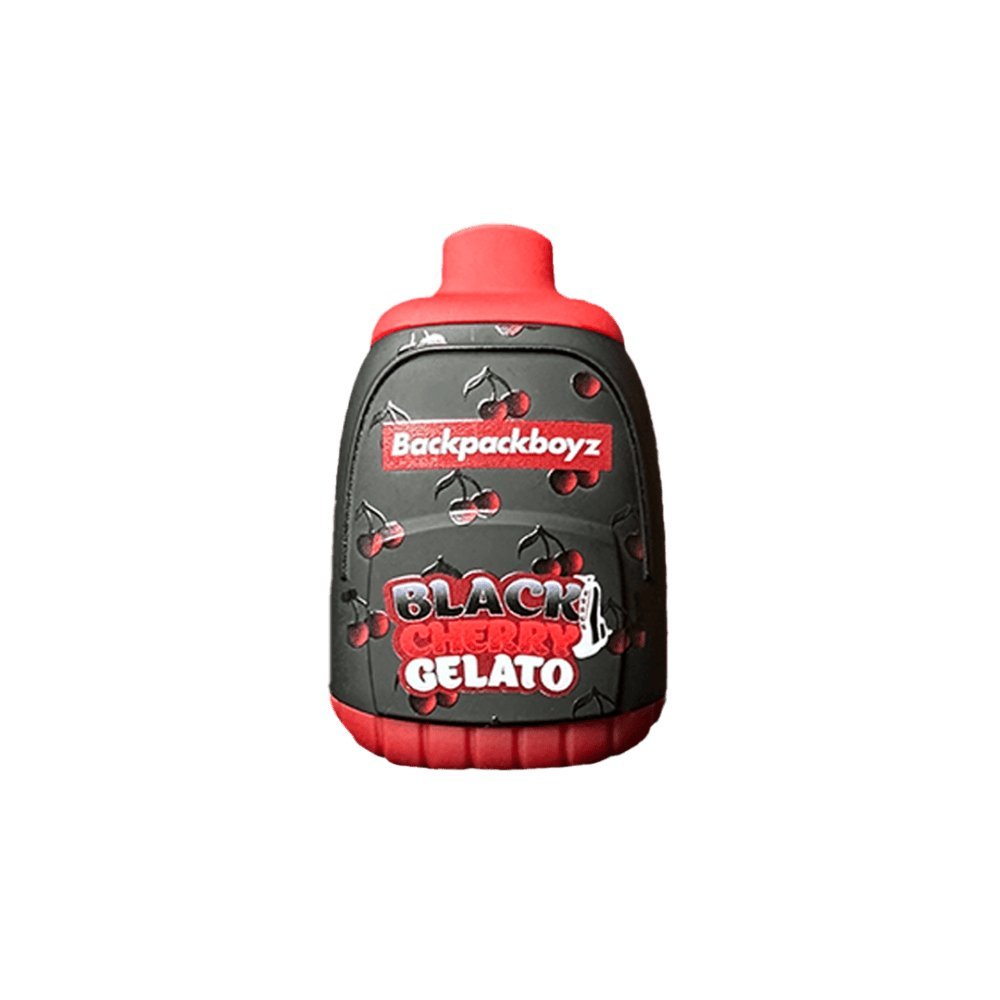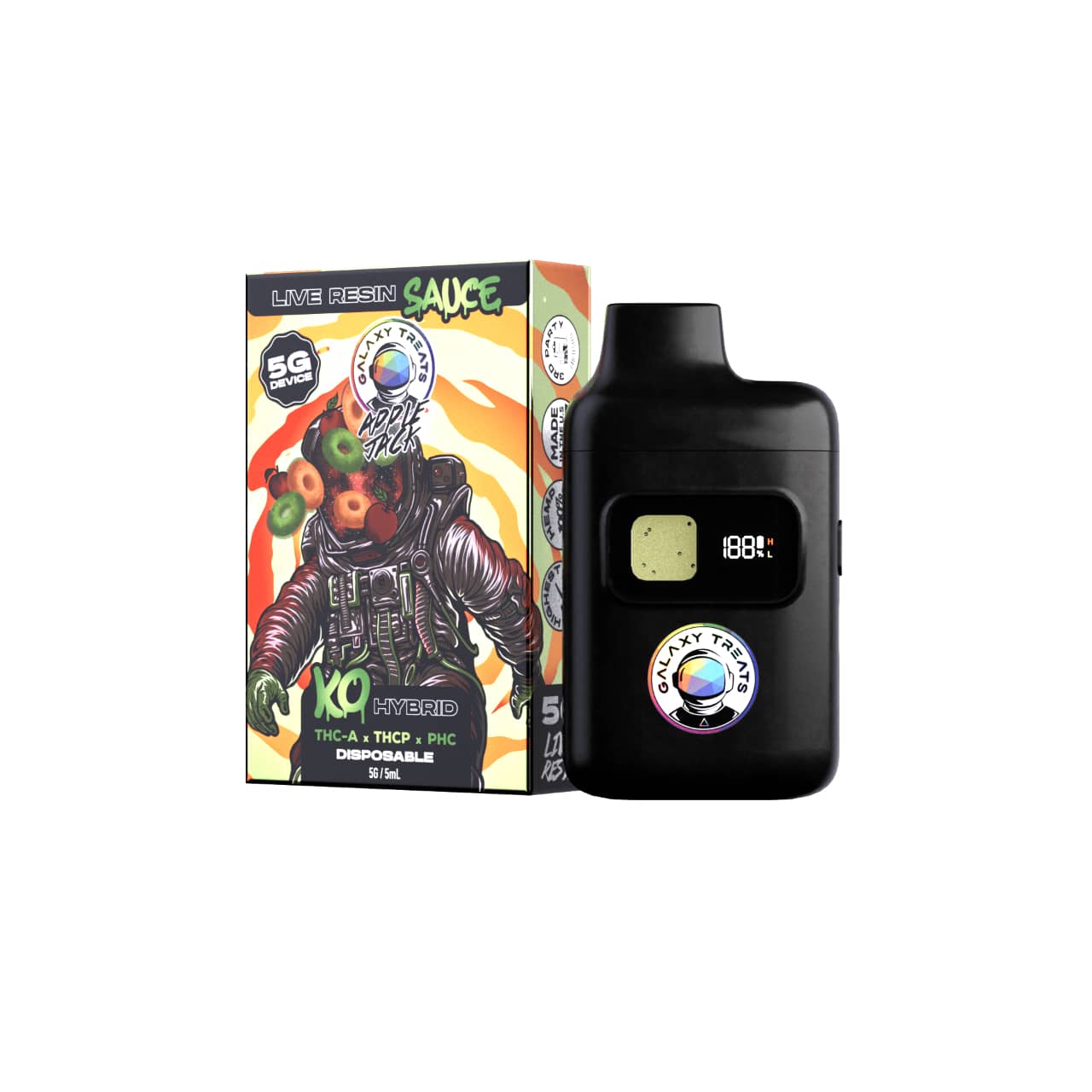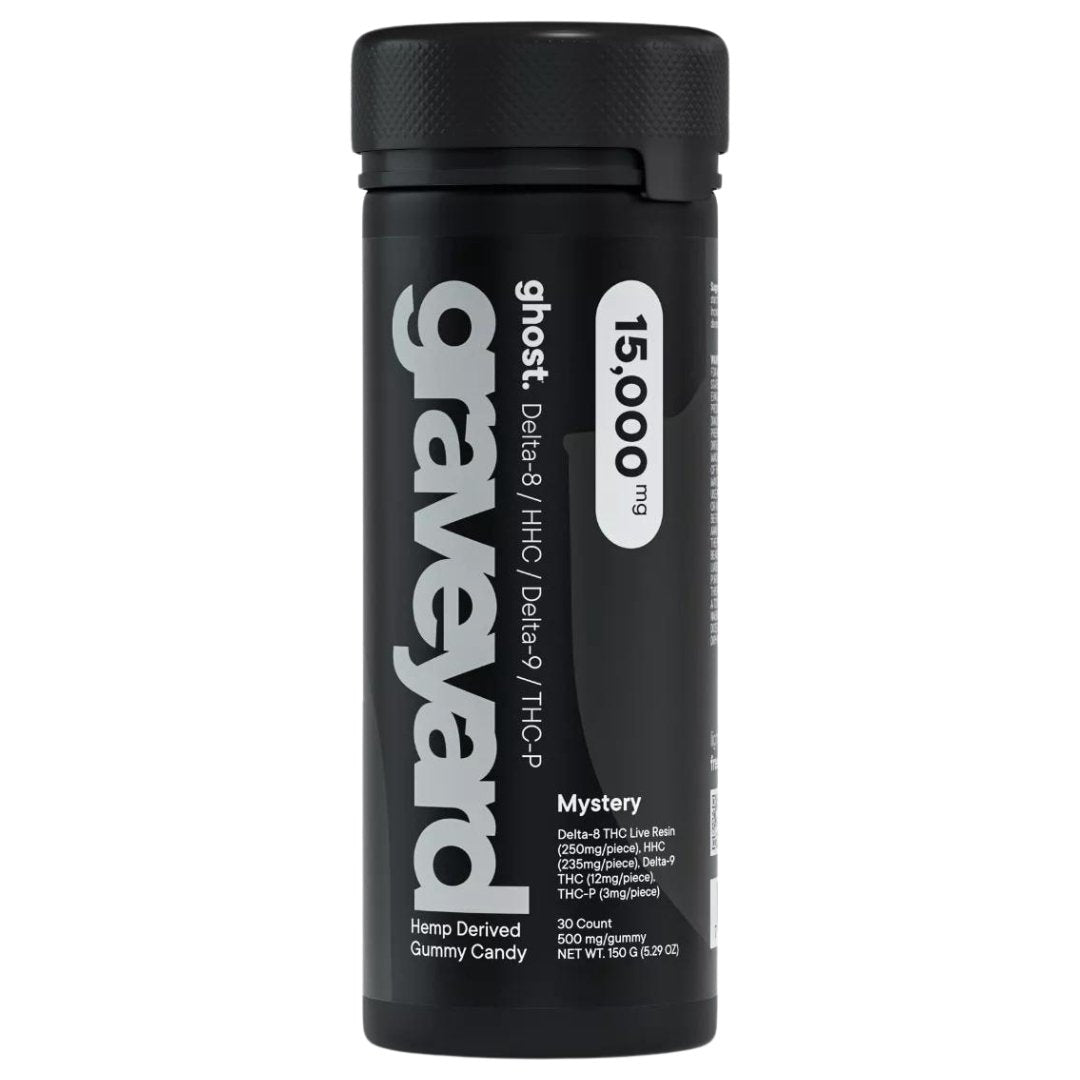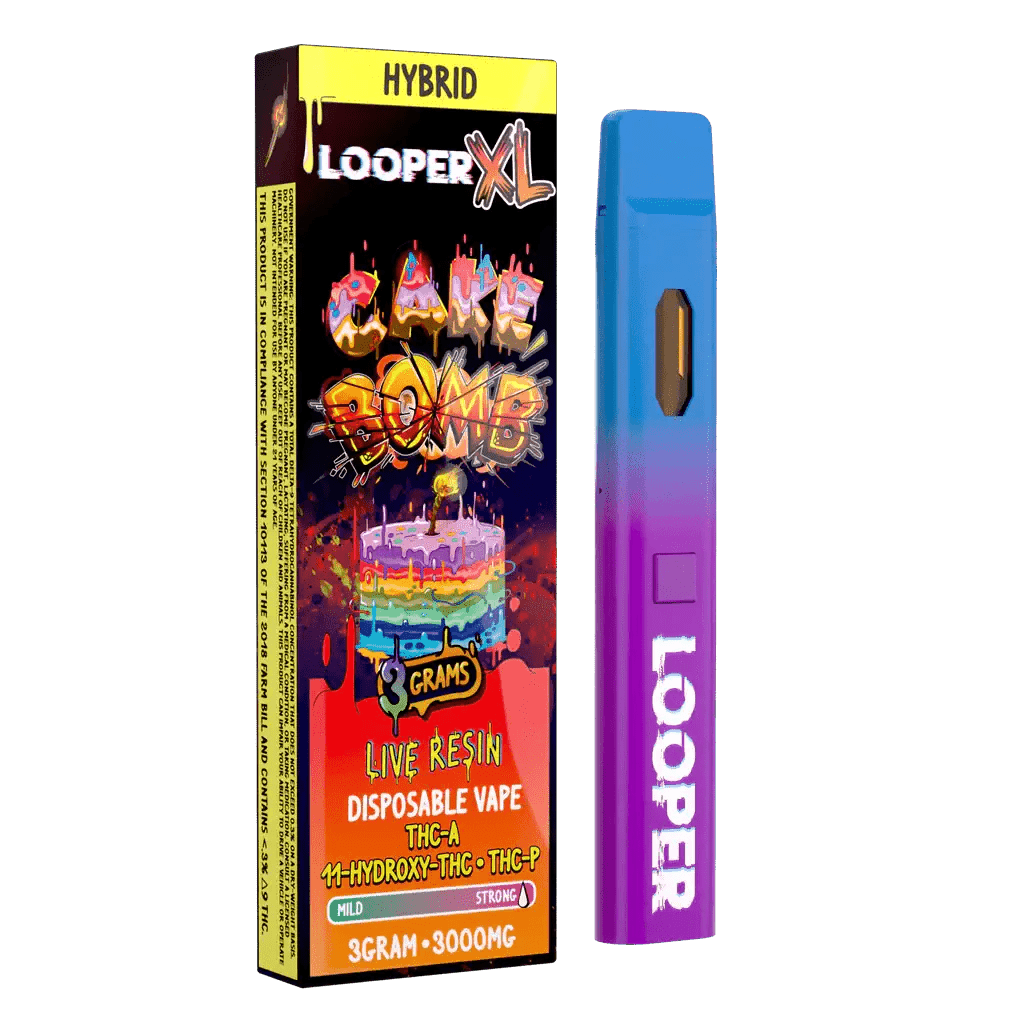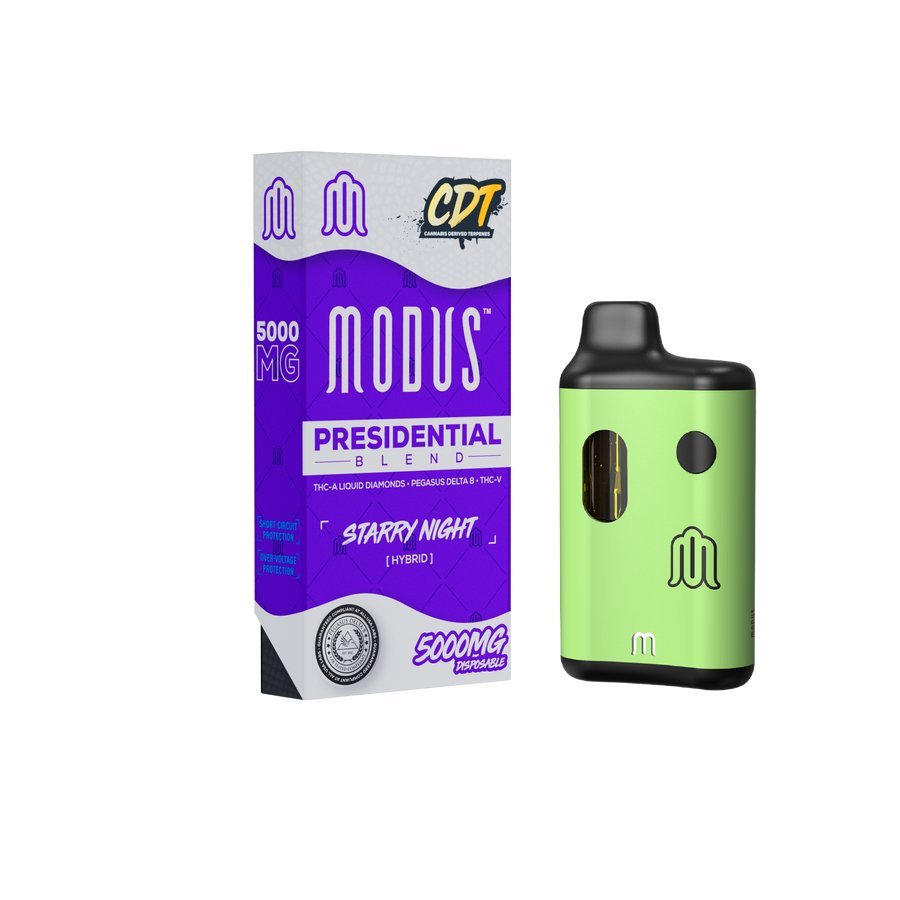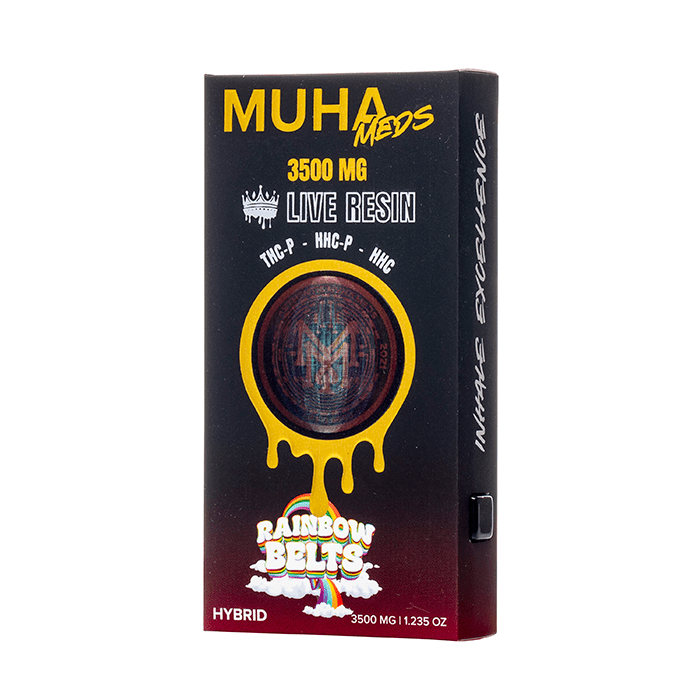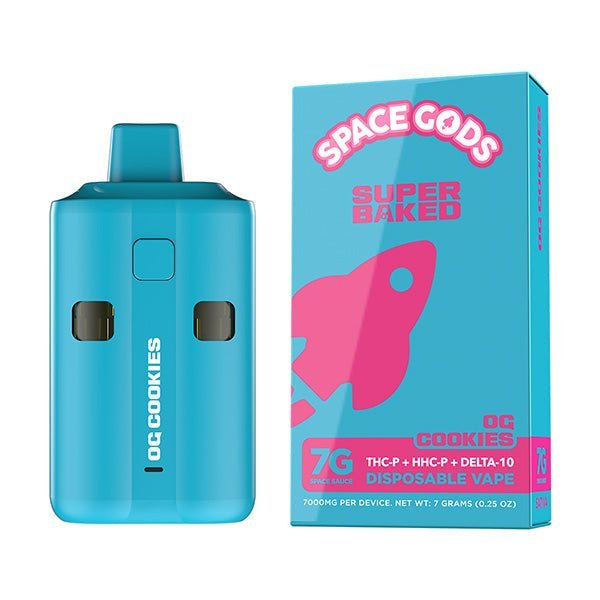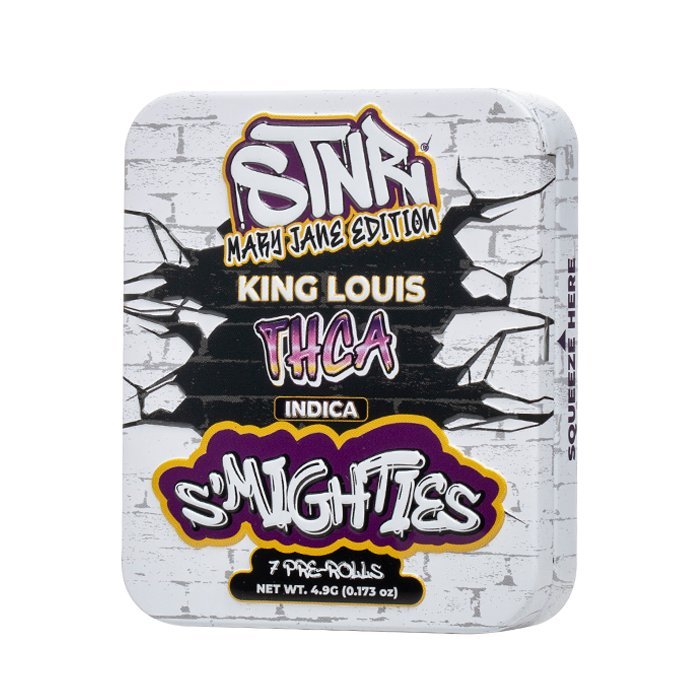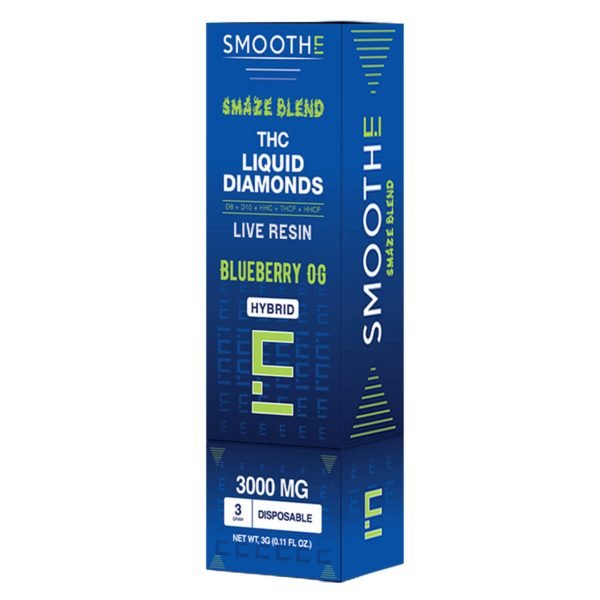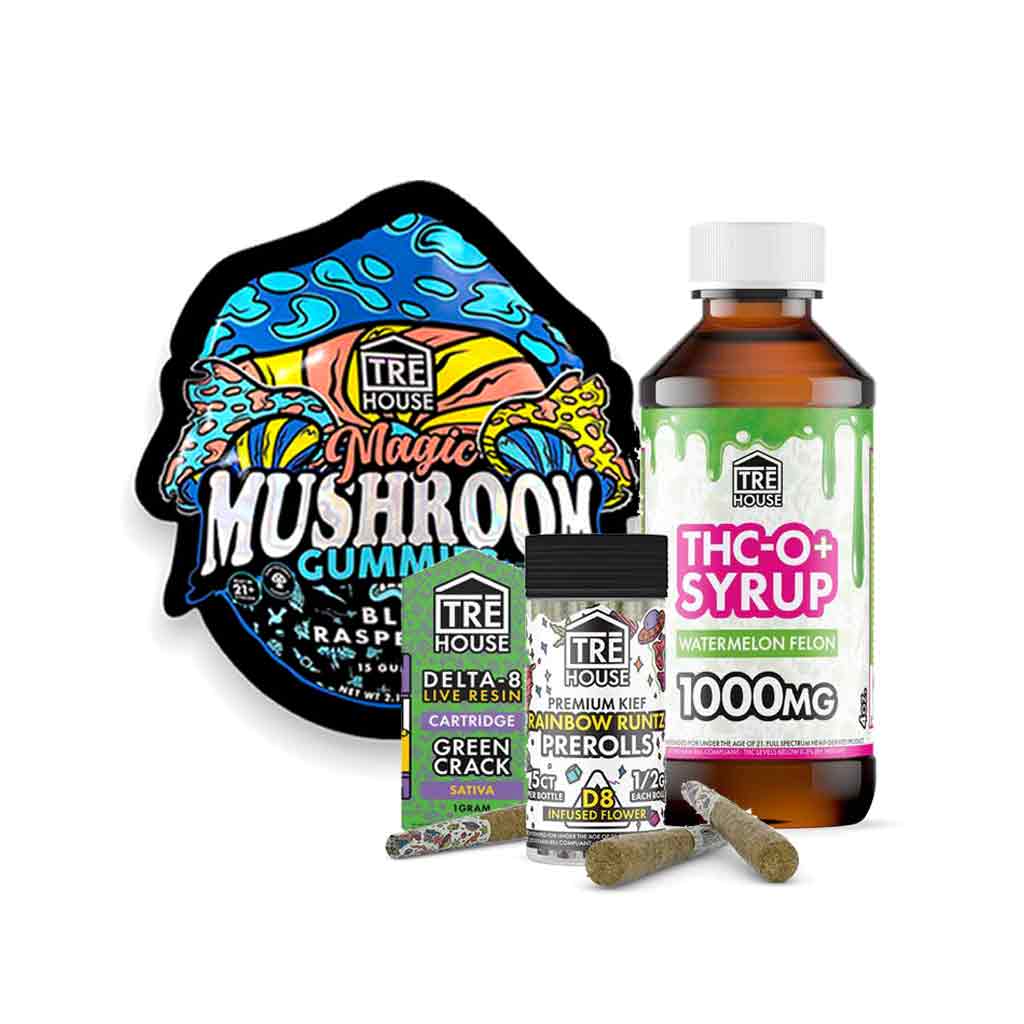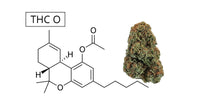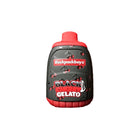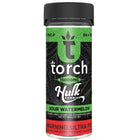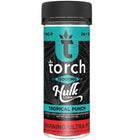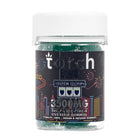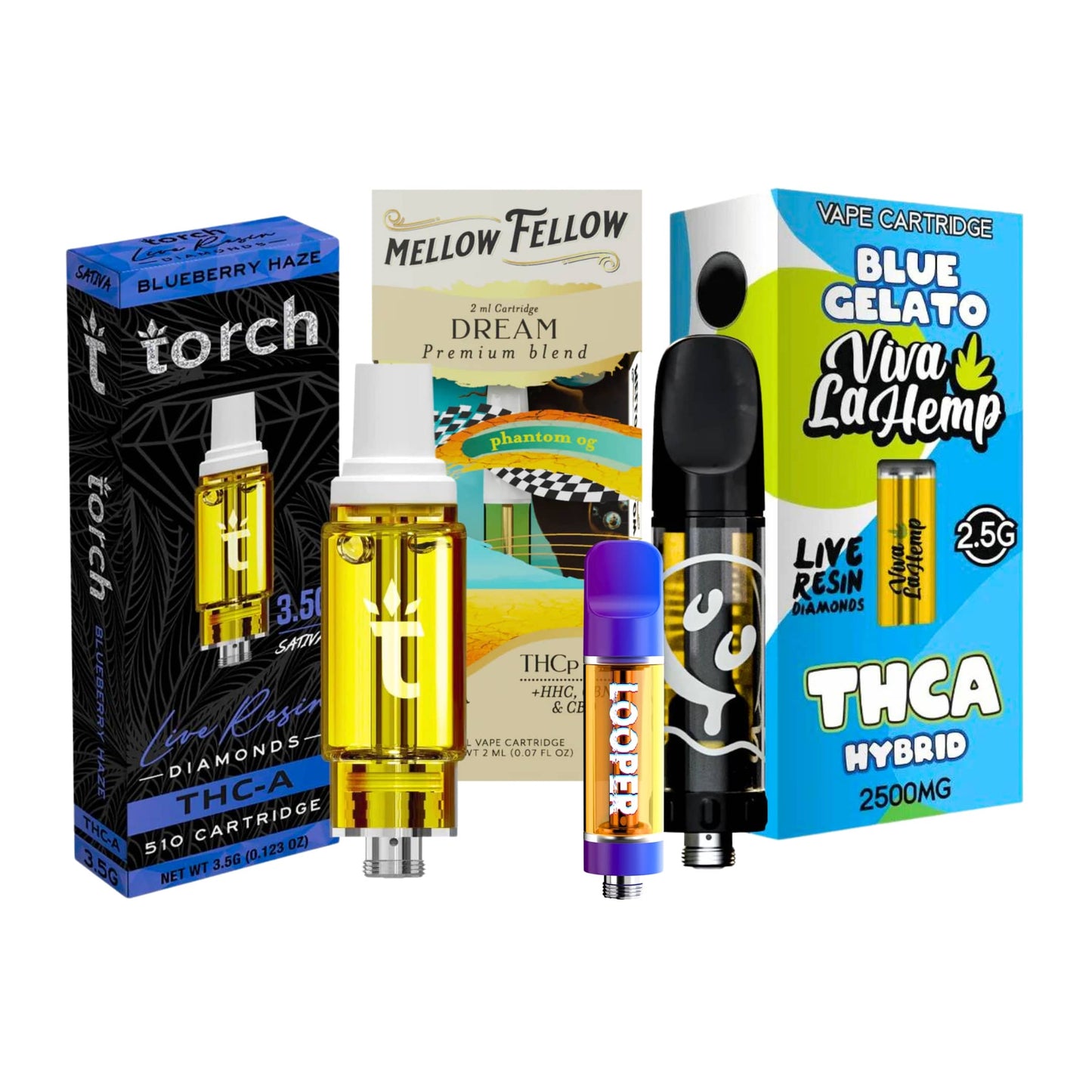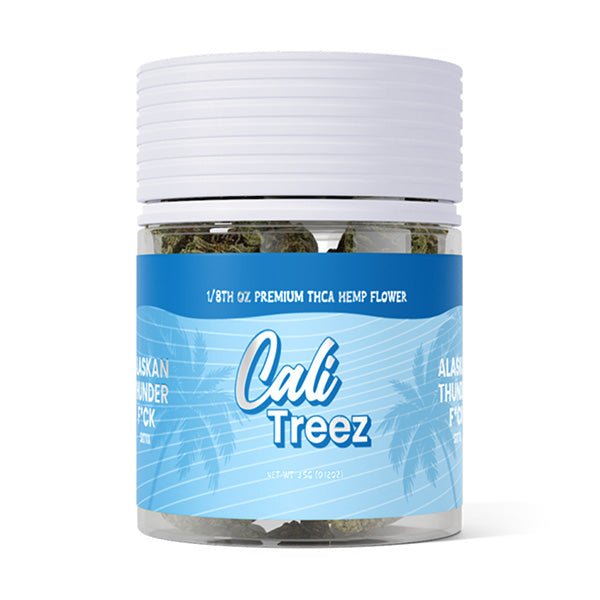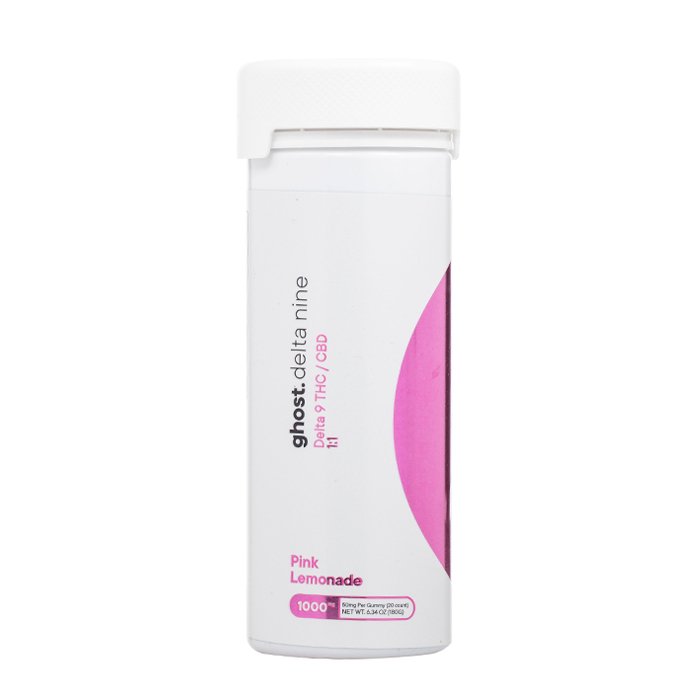Get a FREE Gummy or Vape
Sign up to get a FREE welcome vape or gummy on your first order when you buy 4 or more products.
In today's world of ever-evolving cannabis products, one compound has recently captured the attention of both industry insiders and consumers alike: THC-O. This intriguing derivative, often referred to as THC-O Acetate, is touted for its intense potency and unique effects.
But what exactly is THC-O? In the forthcoming sections, we aim to demystify this complex compound, explore its properties, and delve into the science behind it. Get ready to embark on a fascinating journey into the world of THC-O cannabis.
What is THC O?
THC-O, also known as THC-O Acetate, is a synthetic derivative of Delta-9 THC, the main psychoactive component in cannabis. It is produced by introducing an acetate ester into the THC molecule, resulting in a significantly increased potency and altered effects compared to naturally occurring THC.
This unique compound is reported to produce a more spiritual or psychedelic experience, offering a distinct and captivating element within the wide range of cannabis compounds.
With its enhanced potency and distinct effects, THC-O offers an intriguing avenue for exploration in the world of cannabis research and consumption.
The Chemistry Behind THC O
The chemical compound behind THC-O is both fascinating and complex. It begins with Delta-9 THC, the naturally occurring psychoactive compound we mentioned earlier. In its natural state, Delta-9 THC interacts with the body's endocannabinoid system to produce the well-known psychoactive effects of cannabis.
Creating THC-O involves a chemical process known as acetylation. This process attaches an acetate group (consisting of two carbon, three hydrogen, and two oxygen atoms) to the Delta-9 THC molecule. This reaction is facilitated by the use of acetic anhydride, a powerful reagent.
The acetylation process alters the molecular structure of THC, transforming it into THC-O. The addition of the acetate group increases the potency of the compound significantly. It's believed that the increased potency is due to the acetate group's ability to facilitate the THC molecule's passage across the blood-brain barrier, allowing it to reach the brain's receptors faster and in larger quantities.
It's important to note that the production of THC-O is a complex process that should only be conducted by skilled chemists in a controlled laboratory setting. Amateur attempts can result in dangerous reactions, highlighting the need for responsible and professional handling of this potent cannabis derivative.
THC O vs. Traditional THC: Understanding the Distinctions
The key distinctions between THC-O and traditional THC lie in their chemical structures, potency, and effects on the human body. Traditional Delta-9 THC is a naturally occurring compound in the cannabis plant also known as hemp plant, known for its psychoactive properties that instigate feelings of euphoria, heightened senses, and relaxation.
On the other hand, THC-O is a synthetic derivative of THC, created through a chemical process known as acetylation. This process increases the potency of the compound significantly, purportedly making THC-O three to five times more potent than Delta-9 THC. The acetate group in THC-O is believed to facilitate quicker and more effective passage across the blood-brain barrier, thus intensifying its psychoactive effects.
In terms of effects, users typically report a more spiritual and psychedelic experience with THC-O compared to traditional THC. It's often described as being more introspective and less foggy than the high obtained from traditional THC. However, it is crucial to note that is a relatively new compound with less research and understanding compared to traditional THC, necessitating cautious and responsible usage.
The Origins of THC O
The origins of THC-O can be traced back to the 1940s when it was first synthesized by a group of pharmaceutical chemists. However, it didn't gain much attention or recognition until the 1960s and 1970s, when it was used by the U.S. military in the Edgewood Arsenal human experiments as part of their chemical warfare program.
Although initially developed as a potential incapacitating agent, THC-O's potent psychoactive properties quickly sparked interest among recreational drug users. Despite this, the compound remained relatively obscure due to the complexity of its synthesis and the lack of extensive research into its effects.
The recent surge in interest and use of THC-O in the cannabis industry has brought it back into the spotlight, prompting a need for more comprehensive studies on its properties, effects, and potential risks.
The Psychedelic Dimension: Unpacking THC O's Unique Effects
THC-O-acetate is renowned for its heightened psychoactive properties, often described as three times stronger than traditional delta-9-THC. This enhanced potency often leads to a more introspective, spiritual, and psychedelic experience, capturing the attention of those seeking a deeper level of consciousness or a stronger connection with their internal environment.
Users report a series of unique effects, including profound alterations in perception of time and space, intensified sensory experiences, heightened introspection, and a sense of deep spiritual understanding or enlightenment. However, these experiences can vary greatly among users depending on dosage, individual tolerance, and environmental factors.
The full extent and nature of THC-O's effects are still largely under-researched, warranting a cautious approach when using this potent compound. With the increased interest in THC-O, it is essential for continued research to thoroughly understand the compound's impact on human physiology and potential therapeutic applications.
Legalities and Controversies
The legal status of THC-O-acetate is complex and varies greatly across jurisdictions. At a federal level, the Drug Enforcement Administration (DEA) considers it to be a Schedule I controlled substance under the Controlled Substances Act.
This classification implies that the compound has no accepted medical use and a high potential for abuse. However, the changing legal landscape across states presents a more intricate picture.
At the state level, laws governing THC-O are not uniform. Some states have adopted more progressive cannabis laws, under which THC-O may not be explicitly illegal. However, in others, any substance that is chemically similar to delta-9-THC could potentially be considered illegal under analogue laws.
This shifting legal landscape creates a challenging environment for users and suppliers alike. It's important for individuals to be aware of their local laws before considering the use of THC-O or any related products.
Potential Therapeutic Benefits
While the research on the potential therapeutic benefits of THC-O-acetate is still in its infancy, anecdotal evidence and initial studies suggest a range of possible applications. THC-O is reported to possess stronger psychoactive properties compared to Delta-9-THC, suggesting potential use in areas like pain relief, anti-nausea, and sleep aid.
Some users have reported intense spiritual experiences, suggesting possible use in mental health therapies to treat conditions like depression, anxiety, and post-traumatic stress disorder (PTSD).
However, it is essential to note that these potential benefits are currently speculative and based largely on user reports. Rigorous scientific studies are needed to confirm these effects and fully understand the potential therapeutic applications of THC-O.
Safety First: Known Side Effects and Concerns
As with any substance, the use of THC-O-acetate is not without potential side effects and concerns. First, the increased potency of THC-O compared to regular THC can lead to a stronger, more intense psychological and physical high, which may not be comfortable for all users. Side effects may include feelings of paranoia, anxiety, dizziness, and confusion. Physically, users might experience dry mouth, bloodshot eyes, and increased heart rate.
Moreover, due to its relative newness in the market, the long-term effects of THC-O usage remain largely unknown. This lack of comprehensive research and understanding heightens the potential risks associated with its usage.
Lastly, it's important to remember that THC-O is a synthetic product, which means it undergoes a chemical process to convert THC into THC-O. This process might involve potentially harmful chemicals, raising concerns about residue left in the final product.
Therefore, it's crucial to ensure that any THC-O product used is from reputable sources that adhere to rigorous safety and quality standards. As always, individuals should consult with healthcare professionals before starting any new substance.
The Market Perspective: THC O in Consumer Products
Given the burgeoning interest in THC-O-acetate, the market has seen a surge in a variety of consumer products that incorporate this compound. These range from THC-O-infused edibles, such as gummies and chocolates, to vape cartridges, tinctures, and oils. As with many sectors in the cannabis industry, creativity and innovation are key, and new product types are continually being developed.
In terms of market trends, the THC-O segment is poised for significant growth. The increased potency of THC-O-acetate, combined with its unique psychoactive effects, is attracting a subset of consumers seeking new experiences beyond those offered by traditional THC. Those trends are expected to continue, with the THC-O market potentially mirroring the explosive growth seen in the CBD market over the past few years.
As for predictions, legal and regulatory status will play a key role. If supportive legislation is enacted, the global market for THC-O could see exponential growth. Also, as more research is conducted and the potential therapeutic benefits of THC-O become better understood, we might see an increase in its incorporation into medical cannabis products.
Nonetheless, the future of the THC-O market, like much of the cannabis industry, is contingent upon a complex interplay of scientific research, consumer demand, and regulatory landscapes.
Demystifying Myths: Common Misconceptions about THC O
There are several misconceptions surrounding the use of THC-O-acetate that deserve clarification. Firstly, there is the notion that THC-O is entirely synthetic. While it's true that the chemical conversion process involves synthetic steps, it's crucial to remember that the original compound, Δ9-THC, is derived from natural cannabis plants.
Another misconception is that all users will experience the same effects. As with most substances, individual reactions to THC-O can vary significantly, influenced by factors such as a person's physiology, tolerance levels, and even their state of mind when consuming the product.
Finally, some believe that THC-O-acetate is inherently dangerous due to its potency. While THC-O is indeed more potent than regular THC, responsible usage and dosage control are key to ensuring a safe experience.
It's always advisable to start with a small dose and gradually adjust according to one's comfort and tolerance levels. As with any substance, potential users should always do their research and consult with a healthcare provider before starting use.
Is THC o Legal?
The legality of THC-O in the USA is complex and varies by state due to differing cannabis laws. Federally, it falls into a legal gray area because it is a derivative of THC, which is a Schedule I controlled substance.
However, since it's not explicitly listed as illegal under federal law, some interpret its status as technically legal. As of now, some states have specifically banned THC-O, while others have not addressed it in their legislation, leaving its legal status uncertain.
It's essential for consumers to check their state laws before obtaining or using THC-O products. Please note that this information is subject to change as laws continue to evolve.
FAQs: Addressing Popular Queries.
Is THC O a synthetic cannabinoid?
No, THC-O is not a fully synthetic cannabinoid. Its production involves a chemical conversion process, but the starting compound, Δ9-THC, is naturally sourced from cannabis plants. The synthetic steps are involved in the acetylation process, which transforms THC into THC-O.
How does THC O's intensity measure up against other cannabinoids?
THC-O is considered to be several times more potent than standard THC. The intensity of its effects can significantly surpass those of other cannabinoids, leading to a more profound and longer-lasting experience. However, individual reactions can vary greatly, so it's essential to start with a small dose and adjust according to personal tolerance and comfort levels.
Are there specific strains that are high in THC O?
No, there are no specific strains that are naturally high in THC-O. This compound is not found in significant amounts in the cannabis plant itself. Instead, it's created in a laboratory setting by chemically converting THC, which can be extracted from various strains of cannabis.
What's the future for THC O in medical research?
The future of THC-O in medical research appears promising, with preliminary studies suggesting potential therapeutic applications. However, significant research and clinical trials are necessary to fully understand its effects, benefits, and risks. As the interest in cannabinoids continues to grow, we can expect more robust research in the upcoming years.



